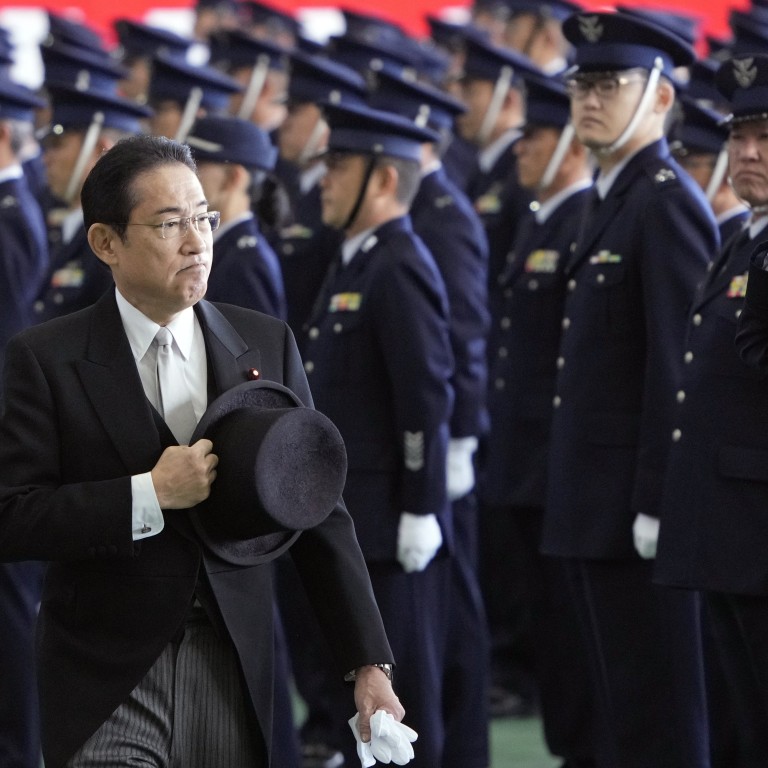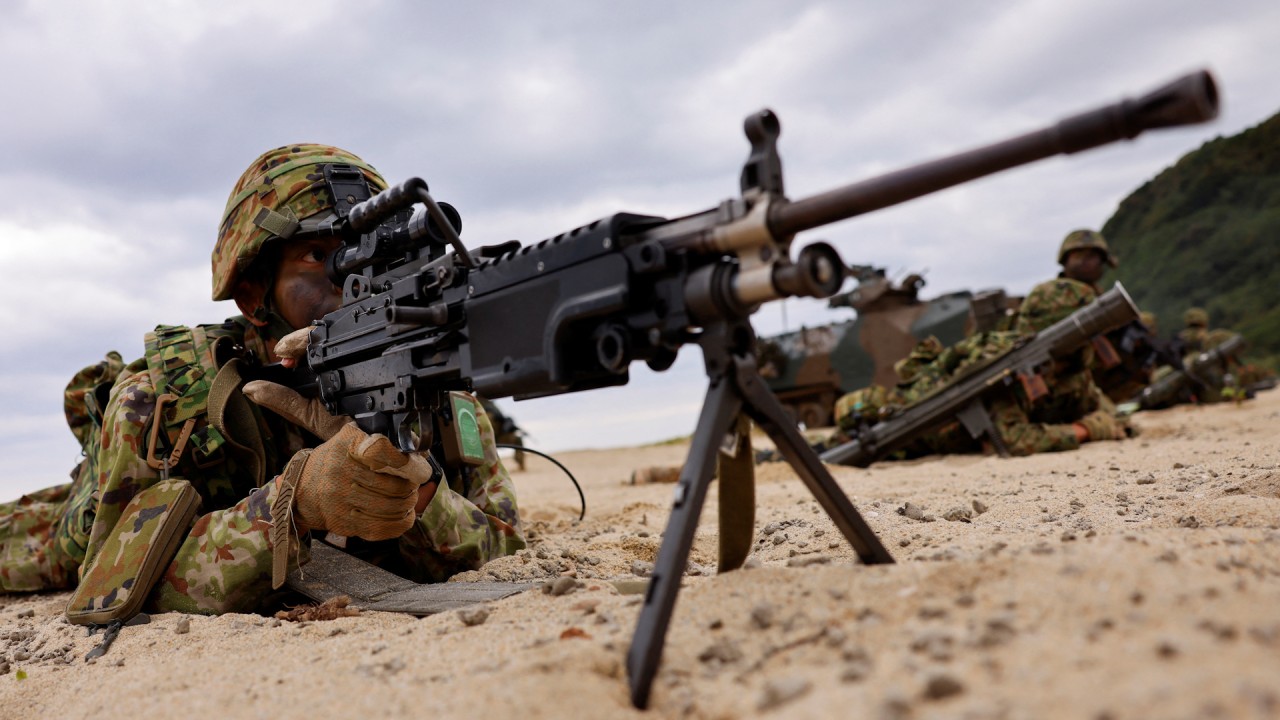
Japan’s ambitious rearmament plan puts China in a bind
- Tokyo’s military build-up is clearly aimed at Beijing, which is reluctant to spoil the mood as it tries to fix ties with Asian neighbours
- Unless China moderates its stance, addresses security concerns and works on its image, it will be hard to prevent regional pivot towards Japan
Japan’s bolstered security and diplomatic posture following a historic break from its self-defence-only stance a year ago is no doubt one of the biggest changes to the Indo-Pacific landscape.
While Tokyo’s re-emergence as a military power has largely been welcomed by its neighbours, it poses many challenges for Beijing.
China, Japan face multiple obstacles as diplomats aim to repair relations
The easing of Japan’s decades-old arms export ban, following a similar move in 2014, implies a shift towards a more offensive stance.
But China has responded moderately so far.
“We urge Japan to earnestly respect the security concerns of neighbouring countries, reflect on its history of aggression, commit itself to the path of peaceful development and earn the trust of its Asian neighbours and the wider international community through concrete actions,” Chinese foreign ministry spokeswoman Mao Ning said on Monday.
But it also reflects Beijing’s reality. Its economy continues to reel in the aftermath of Covid-19 lockdowns and the decline of ties with the West, and its assertive diplomacy is met with scepticism and resistance.
Beijing is in a dilemma over how to deal with Japan’s ambitious rearmament plan.
China clearly does not want to spoil the mood for now, as some high-level political and military exchanges have resumed since Chinese President Xi Jinping’s meeting with Kishida in San Francisco last month, with more expected to follow.
China must also take into account its neighbours’ changing perceptions of Japan, which is increasingly viewed positively for its role in economic and regional security.
To Beijing’s dismay, leaders from 10 Southeast Asian nations joined Kishida in expressing concerns over the “situation in the East and South China seas” at this month’s Asean-Japan summit, without directly mentioning China.
In a joint statement on Sunday, the leaders vowed to build a “heart-to-heart” relationship of mutual trust with Japan and embraced the Kishida government’s vision for a world where all countries can “uphold the principles of democracy”.
It was another big blow for Beijing, which has prioritised close ties with its neighbours, especially those in Southeast Asia, amid an intensifying feud with the US and its allies.
But unless Beijing chooses to moderate its stance, address regional security concerns and work on its image, there seems to be little the country can do to prevent Tokyo’s rise or keep its neighbours from pivoting towards Japan.
And sadly, few in Beijing harbour hopes that relations with Japan, which have become increasingly anti-China, can be improved any time soon.
Sino-Japanese relations have become “even more complex” than Beijing’s troubled ties with Washington, and both countries should find ways to manage tensions and coexist peacefully, as veteran Japan watcher Liu Jiangyong of Tsinghua University observed.


